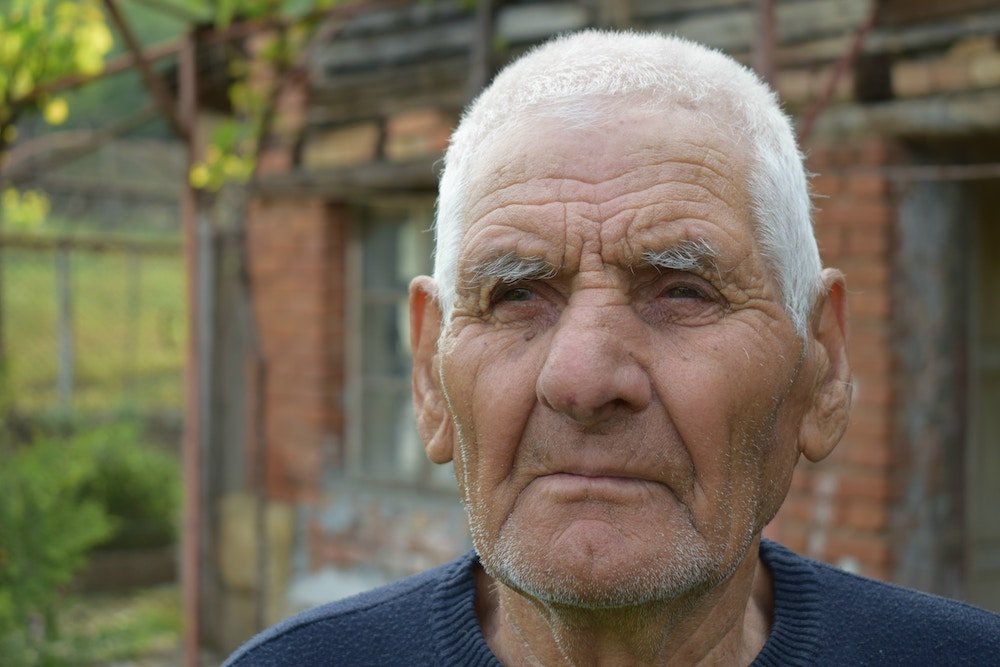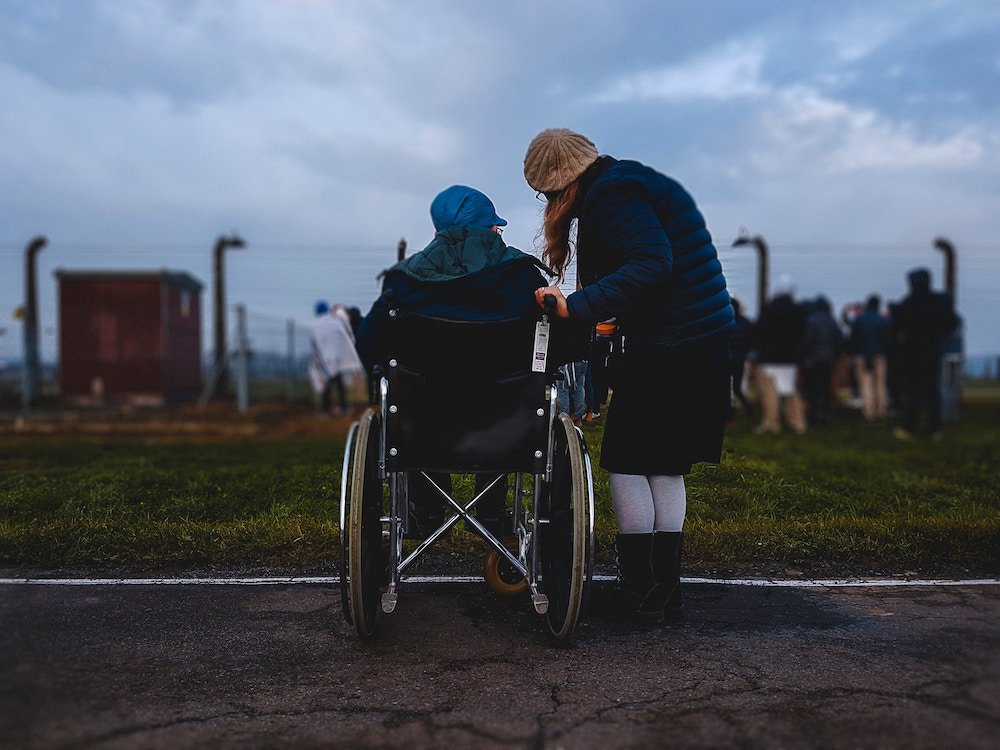My family’s Lewy body dementia story began with a misdiagnosis. My father was diagnosed with Alzheimer’s disease in 2013 after a long heart-valve surgery. He spent extended time under anesthesia and then had to go under again a few days later to resolve the first of many complications. My mother and I noticed that the man who left the hospital and rehabilitation center almost thirty days later was not the same man who had entered the hospital.
Early Signs
One of the first signs that my father’s brain was not well was that he lost the ability to balance his checkbook. He had always been meticulous about balancing his checkbook down to the last cent. At that point, my mother took him for testing with his primary care physician, who mistakenly determined that my father was in the early stages of Alzheimer’s disease. He told us that the long hours under anesthesia had most likely aggravated the condition.
The incorrect diagnosis was not unusual. The Lewy Body Dementia Association reports that LBD is the second most common type of dementia but the most misdiagnosed. It impacts one million people in the US each year. It is frequently diagnosed as Alzheimer’s disease because there is no specific test to differentiate it until after the death of the patient.
5 Lewy Body Dementia Symptoms My Father Had
However, as the years passed, some of his symptoms just did not fit the Alzheimer’s profile. Here are five Lewy body dementia symptoms that led to my father’s eventual diagnosis:
- My father had fluctuating levels of confusion and concentration. On certain days, he appeared to be fine cognitively. He held conversations, worked around the house, and completed tasks as he normally would have. On other days, he would forget how to drive home from the grocery store or operate the microwave.
- He had severe sleep disturbances. He would act out dreams, often violently. My father would have extreme daytime drowsiness. Some days, he would sleep for a total of 18-20 hours in a 24-hour period.
- His movements changed. He developed hand tremors and began to shuffle instead of walking normally. His balance became impaired, and he suffered several falls. At 230 lbs., picking him up was nearly impossible. Parkinson-like symptoms are a hallmark of LBD.
- He began to have auditory and visual hallucinations (which was our PRIMARY clue). He would think he saw children playing in the floor or a group of women talking in the other room. My father would hear people having conversations in another room when no one was there. He began to believe his home was haunted and became fearful.
- He began to have violent outbursts toward others. He kicked and hit my mother as well as nurses, doctors, and the hospital security guard. During the times he was so volatile we took him to the nearest emergency room for help.
Wandering
Finally, in the summer of 2019, my father began wandering. Several times, my mother would wake up and find him missing in the middle of the night. She would drive through their small town searching for hours and eventually locate him. The wandering, plus the above symptoms, made her realize that she could no longer keep him safe in their home.
In early October, my father spent one week in a geriatric psychiatric hospital where he was diagnosed tentatively with Lewy body dementia. He had several medications changed because certain anti-psychotic medications that he was on were actually making him worse. He then moved into a dementia-care facility.
Nightmare Experience with Dementia-care Facility
We thought that we were making the best decision, but the dementia-care facility was understaffed, poorly-run, and did not understand how to work with LBD patients, especially large, sometimes-aggressive males. The four months he spent there were a nightmare. We were frequently called because they could not handle his behavior. Twice, he was sent via ambulance alone to the local ER, where he could not remember his current address or phone number- just his name and birthdate. We were honestly appalled at the care he received. We once arrived for a visit, and his Depends had a date and time written on it 22-hours earlier. He had worn the same soiled adult diaper for nearly 24-hours.
His behavioral issues spiraled, and after he choked a female nursing assistant one evening, he was sent for another stay at a different geriatric psychiatric hospital. There, he was so heavily medicated, he couldn’t lift his head. My father didn’t seem to recognize his family or understand his surroundings at all. He was propped up in a wheelchair during the day, but he struggled to even open his eyes during visits.
He was allowed to return to his dementia-care facility after this stay. Although weak and over-medicated, he was no longer violent. At this time, my father was placed under hospice care, and a wonderful hospice nurse named Robin entered our lives.
I cannot say enough about the difference Robin made. She was a fierce advocate for him with the facility staff. She treated him as if he were her own father. She advised us to get him out of the current living situation.
Covid
In February of 2020, just before the start of covid, we found another assisted-living facility with a locked dementia wing. He was much happier there and was better cared for in the new facility. In March, they closed their doors to visitors, which was devastating to us as a family, but Nurse Robin texted us pictures, called us on Facetime, and kept us in contact with him.
Final Stages of Our Lewy Body Dementia Story
On May 6, we received the call we had been expecting for quite some time. Robin believed the end was near and despite covid regulations, the assisted living would allow us to be with him in his private room until he passed. My mother rushed to the facility and found my father emaciated (he had stopped eating and drinking for the past week) and agitated.
She tried to calm him for hours, and then he finally fell into a deep sleep. He was in that sleep when I arrived from out of town, and for the next three hours, my mother and I sat by his bedside. I will never forget the sound of the death rattle and counting the seconds between his breaths until the next one didn’t come.
Even though the last months of his life were rife with turmoil, he died peacefully around midnight. There was no struggle, no dramatic exit. For my mother and me, it was a moment of both sadness and relief.

Author Bio
Donna Pittman is a writer and community-college professor from Tennessee.









![15 Lewy Body Dementia Symptoms [LBD] lewy body dementia symptoms](https://readementia.com/wp-content/uploads/2019/05/lewy-body-dementia-symptoms.jpg)



















